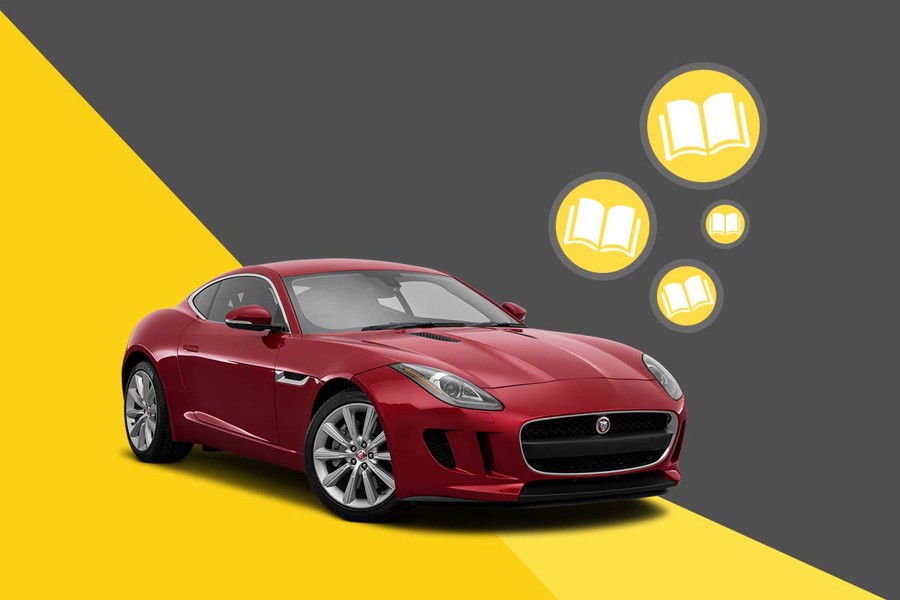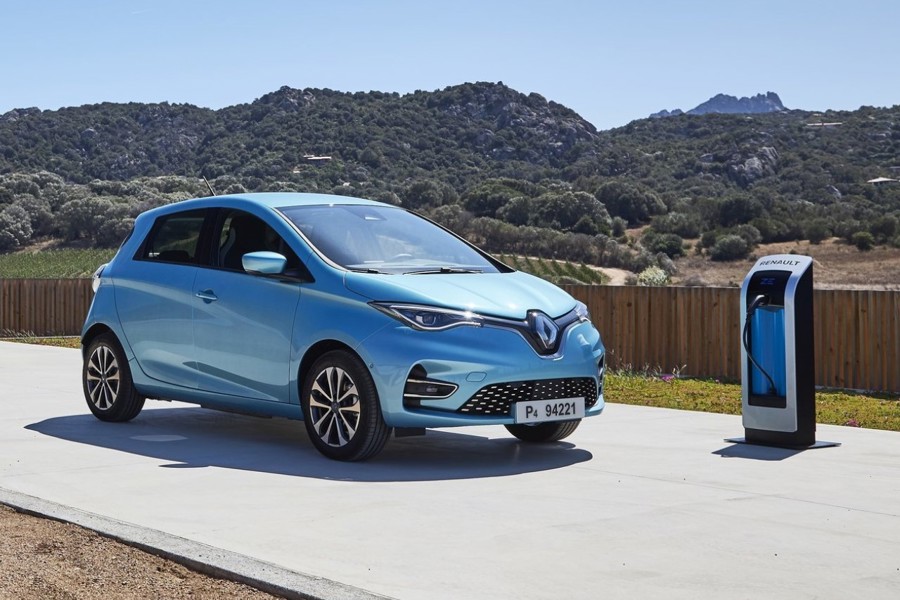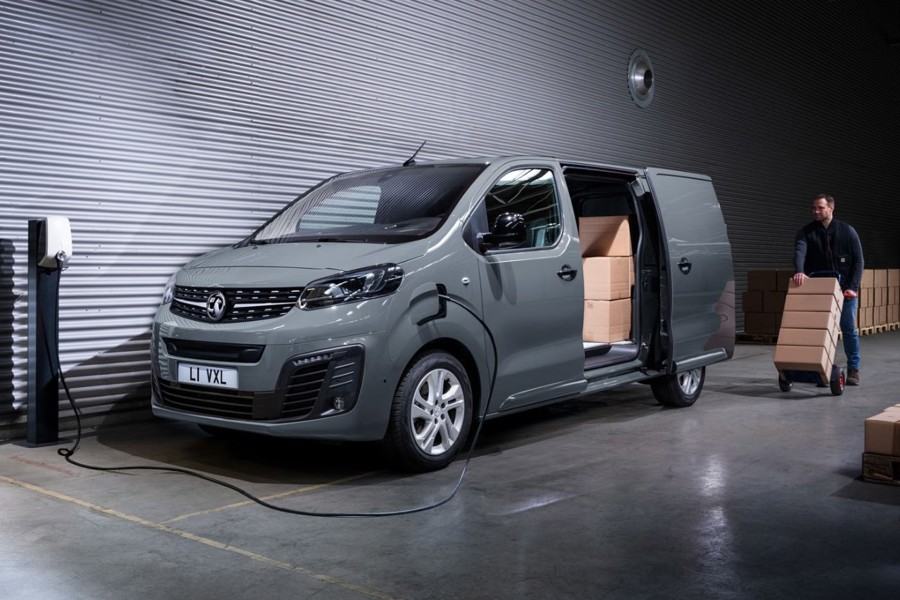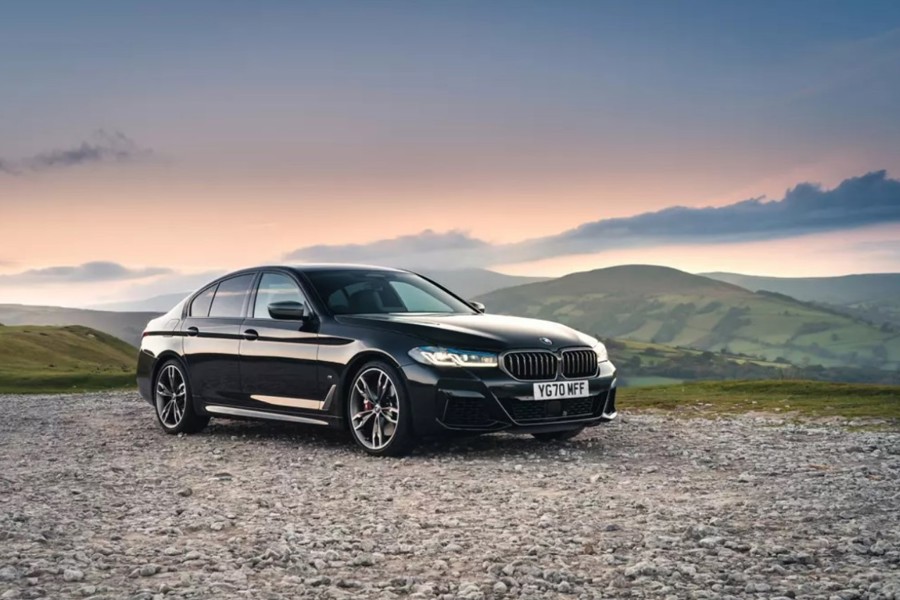Which Type of Vehicle Truly Suits Your Lifestyle in 2025? A Complete Driver’s Guide
Choosing a new car used to be simple: you picked a small one, a big one, or the one that looked best in the showroom.
But in 2025, the automotive world has shifted. Drivers now have more choice, more technology and more specialist models than ever before — and with that comes a new challenge:
What type of vehicle actually fits your life?
It’s no longer just about horsepower or boot size.
It’s about how you drive, where you drive, who you carry, and what you value most — price, comfort, technology, running costs or sustainability.
So, to help you navigate this new landscape, here is a deeper look at how different types of vehicles naturally “fit” different lifestyles, driving habits and priorities in 2025.
The Urban Driver: Why Small Cars Still Make Big Sense
Life in cities or busy towns demands a certain kind of car. Tight parking, narrow streets, constant stop-start traffic and rising fuel prices all push drivers toward compact, agile models that are easy to live with.
This is where small petrol cars and compact electric hatchbacks shine. Cars like the Peugeot e-208 and BYD Dolphin make everyday driving feel effortless. Their compact dimensions remove the stress of squeezing into bays or navigating crowded retail parks, and their electric motors make urban journeys quieter, smoother and significantly cheaper.
Even drivers who never considered an EV are discovering how well electric power suits city life: instant acceleration at traffic lights, one-pedal driving in traffic and extremely low running costs.
For singles, couples, students or anyone spending most of their time within the same town, a small vehicle often provides all the practicality they need — with none of the hassle of running something larger.
Why Families Gravitate Toward SUVs (And Not Just for Space)
SUVs and crossovers earned their popularity for obvious reasons — space, comfort and practicality — but in 2025, their appeal goes much deeper. Today’s families want cars that make their daily routines easier, and modern SUVs are engineered around exactly that need.
Models like the Nissan Qashqai, Kia Sportage and Hyundai Tucson offer interiors that feel like mobile living rooms: comfortable seats, wide-opening doors, high-mounted driving positions and flexible boot spaces that swallow everything from weekly shopping to weekend camping gear.
Parents also prize safety, and this is an area where SUVs excel. Features such as adaptive cruise control, lane-keeping assist, 360° cameras and blind-spot monitoring often come as standard — or at least more available — on these models.
It’s no surprise that when a household grows, most families instinctively move toward a crossover or SUV. They’re built to handle the school run, day trips, motorway journeys and chaotic Saturdays all with the same calm confidence.
The High-Mileage Commuter: Efficiency Over Everything
For drivers who are on the road constantly — consultants driving up and down the country, sales reps visiting clients, self-employed professionals covering 15,000+ miles a year — the priority changes completely.
Here, it’s not about size or style.
It’s about efficiency, comfort, and predictability.
Hybrid and diesel models still dominate this space for one simple reason: long-distance consistency. A Toyota Corolla Hybrid or BMW 3 Series Diesel can sit at motorway speeds all day with minimal fuss, excellent fuel economy and remarkable long-term reliability. You stop less, spend less and stress less.
This type of driver doesn’t want to think about charging stops, traffic queues or fuel prices fluctuating week to week. They need something that delivers smooth high-mileage performance — and in 2025, hybrids are improving at a pace that makes them more appealing than ever.
When Style Matters: Cars Chosen From the Heart, Not the Head
Some drivers aren’t choosing a car for practical reasons at all. They’re choosing it because it makes them feel something.
A good-looking car can say a lot about its driver — ambition, personality, taste. And manufacturers have leaned into this by producing sportier, sharper and more expressive models.
Cars like the Cupra Born, BMW 1 Series and Audi A3 appeal to those who want driving to feel fun again. They deliver a sense of identity that goes beyond practicality.
Drivers in this category often value:
-
design
-
driving feel
-
interior ambience
-
brand prestige
These vehicles tend to prioritise performance, style and technology over boot space — and for many people, that’s exactly what they want.
The Tradesperson or Business Owner: Vehicles Built Around Hard Work
While some drivers want performance or style, others simply need a vehicle that helps them earn a living. For tradespeople, delivery drivers, service engineers and mobile businesses, the vehicle is part of the job.
Vans like the Ford Transit Custom, Vauxhall Vivaro and VW Transporter remain essential tools of the trade. They offer durability, load capacity, modular storage options and reliability — the things that matter most when your vehicle is directly tied to your income.
Crew vans and double-cab pick-ups are also becoming more popular among trades who need seating for colleagues or apprentices without sacrificing load space.
For this group, choosing the right vehicle isn’t just a lifestyle decision.
It’s a business decision.
The Efficiency Seeker: Why EVs Often Make the Most Sense
While small cars suit city life, and SUVs suit families, electric vehicles are increasingly becoming the “sweet spot” for a much wider range of drivers — especially those who care about long-term savings.
EVs have moved beyond the early adopter phase. They are now mature, reliable, cost-effective vehicles with excellent range and very low running costs. For many drivers, an EV makes sense simply because it keeps more money in their pocket.
Whether it’s a compact EV like the MG4, a stylish e-208 or a family-friendly BYD Atto 3, the appeal is the same:
-
fewer moving parts
-
cheaper servicing
-
instant torque
-
quiet driving
-
no petrol bills
For drivers who value predictability and low monthly running costs, EVs are becoming the default option — even if they never set out with that intention.

The All-Rounder: Why Crossovers Dominate the Middle Ground
Crossovers have become one of the UK’s most popular vehicle types for a reason: they suit almost everyone.
Not too big, not too small, easy to park, practical but not bulky — and with styling that feels modern and premium. Models like the Ford Puma, Renault Captur and Volkswagen T-Roc fit the sweet spot where style, practicality, cost and comfort meet.
For drivers who don't want extremes — not a big SUV and not a tiny hatchback — a crossover becomes the natural answer.
So, What Type of Vehicle Suits You Best?
The right car isn’t just about budget or brand.
It’s about matching the vehicle to your real, daily life:
-
where you drive
-
who you drive with
-
what you carry
-
how much you drive
-
what you value most: comfort, cost, tech or flexibility
Once you know those answers, the right type of car becomes obvious.
Electric Car Leasing
Want to make a difference when you drive? Check out our electric car lease deals below and you can start saving your money and give back to the planet. Electric cars are the future and with leasing...
Frequently Asked Questions When Leasing
All our lease deals are delivered free of charge to all Mainland UK addresses. Unless otherwise advised your new vehicle will be driven to your home address by a professional driver on a date and time convenient to yourself.
All our lease deals include road tax for the full duration of your lease. The lease company tax it directly with the DVLA, giving you one less thing to worry about.
At the end of the lease agreement you simply hand the car back to the finance company. They will contact you directly to arrange collecting it from your home address, free of charge. You can either lease another car or look elsewhere. As long as the vehicle is in good condition you won't have anything extra to pay. You can view the fair wear and tear guide here.
The minimum term we offer on our car leasing and van leasing offers are 18 months and the maximum is five years.
The initial rental is a payment you make at the start of your lease agreement. Your initial rental is calculated in multiples of your regular monthly payment and can be based on 1, 3, 6, 9 or 12. As it pays a proportion of your total lease cost it means the more you pay upfront, the lower your monthly payment will be.







































